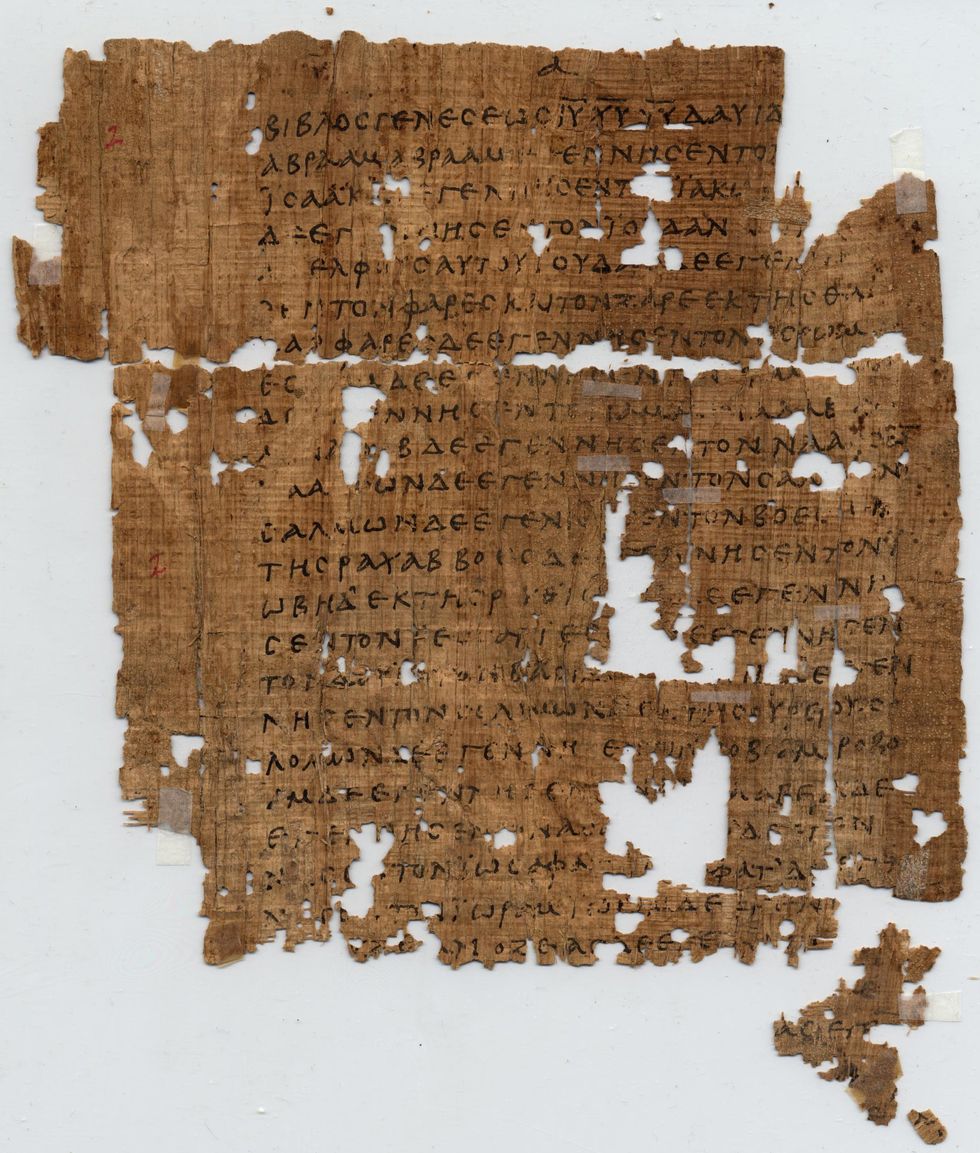If you were to ask a random set of people on the street what they think the Bible is, you would get - assuming your selection is truly random - a mixture of responses regarding the truth and usefulness of the Bible. But what I think you would find to be fairly consistent is their conception of how the Bible is meant to function: either as a set of rules, a collection of stories, or a bunch of inspirational quotes. Perhaps you'll even get some sort of snappy acronym like "Basic Instructions Before Leaving Earth". (Every single word in that response is wrong.)
These answers all fail to acknowledge either a) the essential unity of the Scriptures, or b) the diversity of genres contained within them. All of these views are deeply deficient, and I've become increasingly convinced that these sorts of misunderstandings are responsible for a good many of the problems we're encountering in the American church.
So what is the Bible? It is the grand narrative of all history, recounting how, in the words of Herman Bavinck, "God the Father has reconciled his created but fallen world through the death of his Son and renews it into the Kingdom of God by his Spirit". It consists, certainly, of diverse writings from various genres written over a long period of time, and so it is a mistake to attempt to read all of it the same way. But they all work together to bear witness to this narrative.
Much of our confusion about the Bible comes from the chapter and verse system we've imposed upon it. This is a relatively late innovation; chapter divisions were added in the 13th century, and verse numbers date from the 16th. This early New Testament manuscript shows more accurately how the early church would have read the Bible:
As you can see, there aren't even paragraph divisions or punctuation marks present. All of that was added by later editors. Admittedly, this makes the text more readable, and the chapter and verse divisions make referencing specific parts of the Bible easier. But these divisions have become so embedded in our collective consciousness that it's become rare for us to read these documents as wholes, instead citing tiny sections out of context for personal inspiration or to win debates.
That's fine if we understand what the verses we're using mean. "I can do all things through him who strengthens me" (Phil. 4:13 NRSV) is a beautiful encouragement. But we need to read what Paul says directly before that:
I have learned to be content with whatever I have. I know what it is to have little, and I know what it is to have plenty. In any and all circumstances I have learned the secret of being well-fed and of going hungry, of having plenty and of being in need. I can do all things through him who strengthens me.
So instead of this meaning that we can get good grades or make friends or make lots of money, it means that we can be satisfied even when we don't do these things because Christis our joy.
This expands beyond individual verses. As I mentioned earlier, the Bible is structured around the grand unifying narrative of God's redemptive action in history. We certainly do need to study individual books closely, but if we isolate them from this broader narrative, we will miss their significance.
Indeed, many critics play the Old Testament, Gospels, and Epistles against each other, claiming that they have different messages. But viewed within the context of the grand narrative, one begins to see the complementary role each one plays. (I would also point out that idea that the Old Testament is nothing but wrath and the New nothing but mercy cannot survive even the most superficial reading of either and requires aggressive cherry-picking to argue, but that's a topic for a different post).
My point is this: if we attempt to approach the Bible on our terms instead of the ones it lays out, treating it as an inspirational quote book or set of rules, we will miss what it truly intends to teach us. And if we confess the Bible to be the word of God, that is a grave - and arrogant - error.
(If you'd like to read the Bible without chapter or verse numbers, you can do so online at Bible Gateway or ESV.org by going into the settings and deselecting the chapter and verse numbers. You can also purchase an ESV or NIV Reader's Bible.)




















